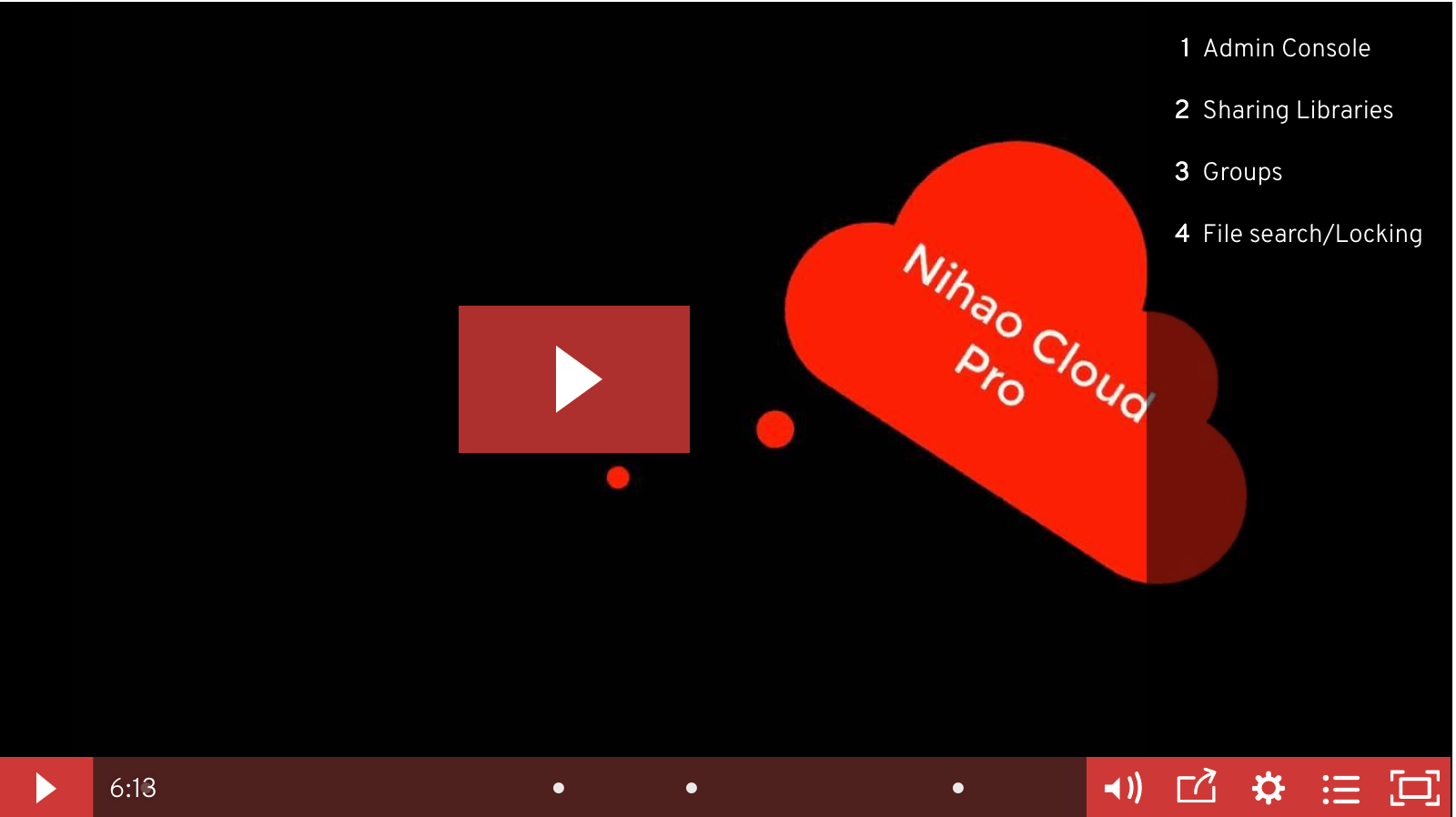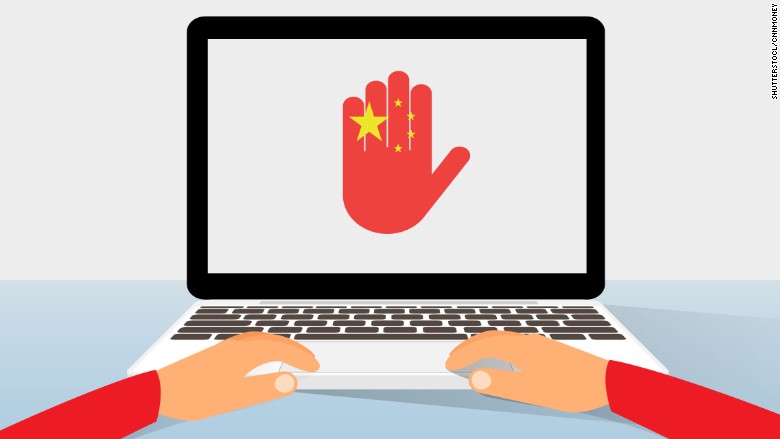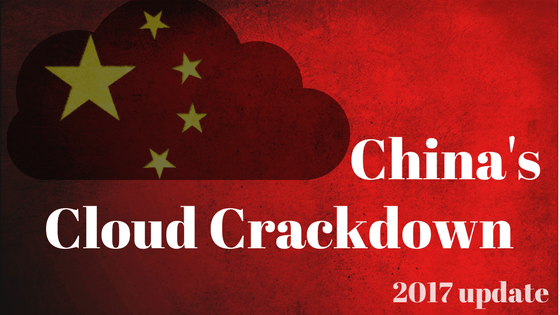What is MPLS?
MPLS ( “Multiprotocol Label Switching”) is a protocol to transfer data between specific physical locations, usually over a dedicated telecommunication network which is separated from the Internet.
More specifically, a physical fibber or copper will be installed to your required offices and plugged into your network to enable interconnectivity.
Why do companies need MPLS?
The advantage of this type of solution is a guarantee on performance compared to regular Internet service. The metrics measured for performance are latency, packet loss, bandwidth and uptime, and more defined service level can be guaranteed for specific applications.
MPLS is also much more secured as it is built on a separated infrastructure from the Internet.
Companies are usually using this service for critical applications that are centrally managed and accessed by all their branches worldwide. It could be ERP applications for manufacturing and retail industry, finance applications, and IT departments in any industry enforcing Remote Desktops or Citrix to access the company centralized resources.
These type of applications need a very high level of service to ensure the correct operations of the company at all time.
Case Study
Learn how Softnet solved one customers latency problem, where the customer was regularly experiencing a very unstable connection affecting their business communications and operations:
Why not just use Internet ?
Companies normally use VPN over Internet to enable interconnectivity between offices and exchange data securely at a much cheaper and in a more flexible way than MPLS.
Why not just keep using this solution ? In high developed countries, Internet has become so fast and stable it satisfies every industry.
Here are 4 points that MPLS not only makes sense, but is an only option for a stable connection:
1. Remote areas

Some areas are simply too remote with too few people to justify the cost of a cable infrastructure for an Internet provider. A fiber solution is just not economical enough, so only 4G solutions are available.
2. International bandwidth cost
For some countries, it can be very costly for Internet providers to buy international bandwidth to access other Internet exchanges. The carrier would be forced to a practice called “overselling”: Piling many customers on a small a bandwidth pipe. For example, the provider would buy 100Mb/s of international bandwidth, and resell 10Mb/s bandwidth to 100 or 1000 of their customers.
3. Censorship
Some countries such as mainland China would also censor their Internet: block specific content, protocols (https or VPN).
4. Routing and latency
With Internet, it is also not possible to decide which way your traffic goes. Operators would probably route your traffic via their cheapest international link, which might not have the best latency for your application.
FIND OUT YOUR LATENCY
Interested to learn what latency you would get between your offices? Sign up for MPLS newsletter and receive latency report between 14 most common cities.
This report is provided by Softnet- our trusted MPLS partner between Europe and Asia
Who offers MPLS services :
MPLS services are offered by Telecommunication companies who own a fiber or copper network in a country. These companies usually partner with other carriers to cover any location globally.
There are also 2 Tier carriers, who build their own network over Tier 1 carriers network and resell services with additional values such as redundancy with different providers, wide coverage globally etc.
Who offers MPLS in Mainland China?

The telecommunications industry in China is dominated by three state-run businesses: China Telecom, China Unicom and China Mobile.
There are also Tier 2 privates carriers with license to operate and sell in China, none of them can be foreign owned and have to be 51% Chinese owned.
How to buy MPLS in China ?
MPLS services can be purchased in China from any carrier with license… but also overseas from any global carriers with agreements with one of the big 3.
1
1. Inquire your carrier of choice and specify your requirements :
- Your office addresses/countries to interconnect
- Bandwidth required
2
The carrier will reply you with:
- A quote
- A SLA (latency, packet loss, uptime metrics)
- The type of technology they would use to access your network (Fiber, copper etc).
- The Installation time : It can take from 4 to 12 weeks to install in China- The contract : mostly 3 years contract
3
Review
- Make sure of the exit and penalties in case the metrics are not respected.
The new regulation regarding VPN in mainland China
New regulation is first a hunt on local companies reselling VPN services to outside of China. These services are used to bypass the GFW and mostly sold to end users.
The regulation also focuses on Tier 2 companies using local resources to resell network services such as MPLS but don’t have any license. It is actually an enforcement on Tier 1 companies to require proper paperwork to all their local Tier 2 customers.
This regulation only concerns local companies and cannot impact any business/contracts outside of China.








































